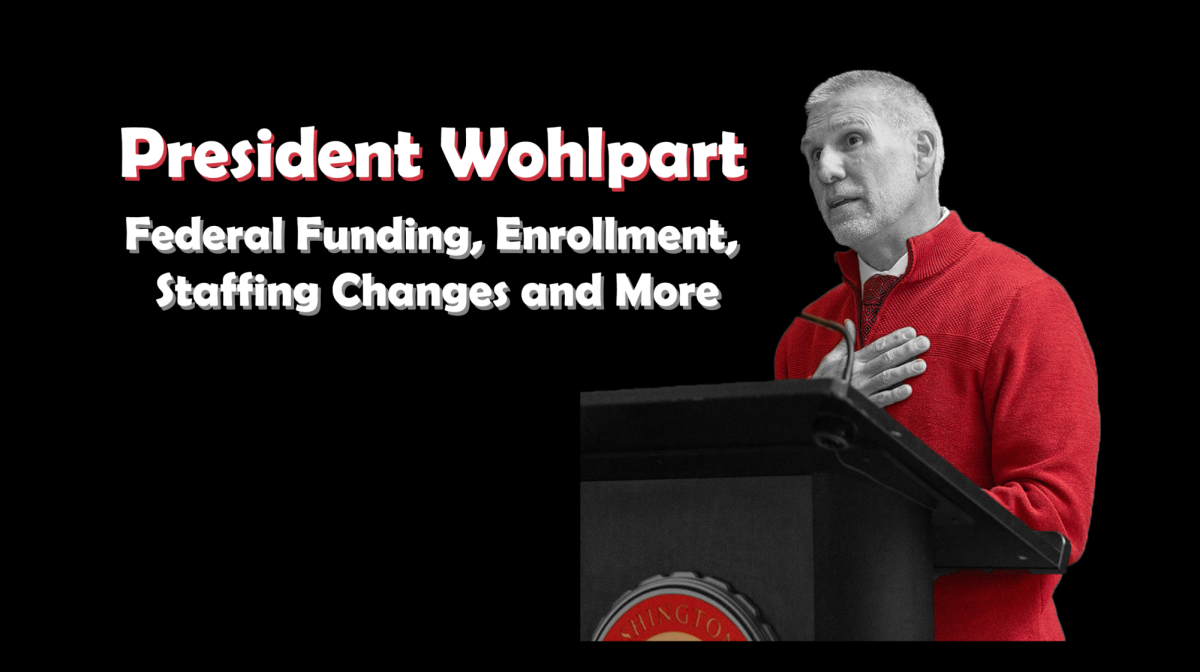BY Houston Carr
Staff Reporter
At the last faculty senate meeting, the senators voted against creating two colleges for education and professional studies.
Although there were some positives, finding a way to pay for the new colleges remained a concern. At the end of the meeting, the votes for the new college tallied 32 no, 9 yes and 4 abstentions.
This idea of creating two separate colleges out of the current college of education and professional studies started in 2007, but was brought to a halt around 2009, and was revisited fall quarter.
A committee was created to gather research and gather opinions from staff and students to see what a split would mean for Central as a whole. Warren Plugge, a professor of construction management, was the only member of this committee present for the meeting. He presented a power point that described the benefits and downsides to having two separate colleges within Central.
Benefits would have included greater recognition for students and faculty in education and professional studies, more focused attention from the deans of the two new colleges and more resources for the students in the programs.
Connie Lambert, dean of the college of education and professional studies, said she saw no cons for the split, and that if it was not for the funding problem, it would be done.
“This is a creation, not a split,” Lambert said. “The idea is that we will have two singular identities for college education and professional studies.”
The major problem with the new college was funding availability. It would have cost around $317,000 for additional administration annually.
Another concern was how the departments in the college would be split, and whether or not the split would get enough recognition.
Eric Cheney, chair of the faculty senate, said he was not shocked by the way the votes came out, due to the financial situation and the fact this was the first time this idea had ever been presented to senate for a vote.
“Just because the vote was no at the senate meeting doesn’t mean it could never happen,” Cheney said.
The decision, according to Cheney, would be left up to the administration and the board of trustees.
“The whole idea isn’t killed. We will have to just explore new options,” Plugge said.







